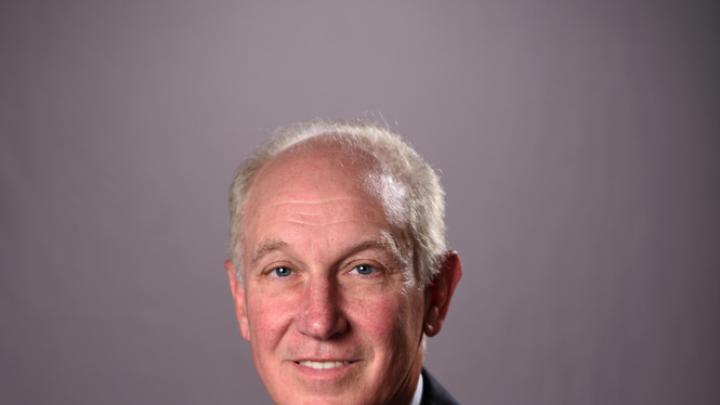Nichols Family director of athletics Robert L. Scalise will retire at the end of this academic year, dean of the Faculty of Arts and Sciences (FAS) Claudine Gay wrote in a message to the FAS community today. The announcement comes during a comprehensive study of the athletics department, launched by Gay last month, and conducted with help from Mercer, a consulting firm “that brings deep expertise in the study of culture, as well as organizational best practices.” Scalise is a member of the advisory committee for that study, and Gay said that “his advice and guidance have been invaluable as we reengage our Ivy League principles for the next 100 years and for generations of student athletes to come.” A public report with the results of the study will be available this spring. Scalise, who was appointed athletic director in 2001, will remain in that role until a national search identifies his successor, and will continue to serve as an adviser to Gay through the 2020-2021 academic year.
Gay praised Scalise’s thoughtful leadership of the largest Division 1 athletics program in the nation. She recounted the many athletic successes of his tenure, including “22 national team championships and 144 Ivy League titles,” but also singled out his role as “a leading voice in national discussions of the student athlete experience.”
Bob served as a member of the inaugural NCAA Division I Council, a high-level group responsible for the day-to-day decision-making for Division I. He was chair of the NCAA Student-Athlete Experience Committee, and worked as a member of the NCAA lacrosse rules committee. On campus, he has led Department-wide discussions of culture, enhanced training opportunities for students and staff, and successfully advocated for expanded mental health support for athletes. Under his leadership, Athletics has expanded opportunities for female athletes, most recently through the addition of the women’s rugby team. He has encouraged public service among student-athletes through Crimson Cares, has led efforts to enhance the facilities where athletes practice and compete, and has helped to make the campus greener with the installation of solar panels on the Gordon Indoor Track and Tennis building.
Scalise, in an email announcing his plans to retire, wrote that “Harvard is many things to many different people, but in my mind, the purpose of Harvard has always been to create knowledge and to educate leaders to serve the world. I am very proud to have supported this work by leading an athletics department whose mission is to ‘educate through athletics’ and to ‘build community and pride in Harvard.’”
“Our coaches,” he continued, “are true educators and are instrumental in the growth and development of our students. The true measure of our success has been, and will continue to be, the extraordinary impact our students and graduates have on the world.”
Read a Harvard Magazine commentary on the challenges and opportunities before Harvard athletics, written and published before this announcement was made. Read an interview with Scalise, conducted after the announcement, on his views about changes in Ivy League athletics and the lives of student-athletes.








